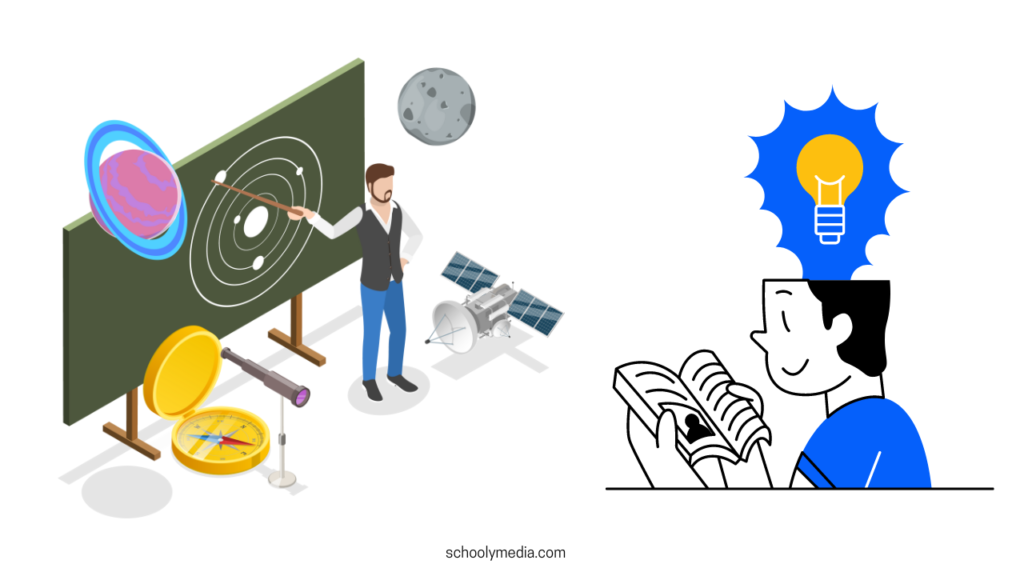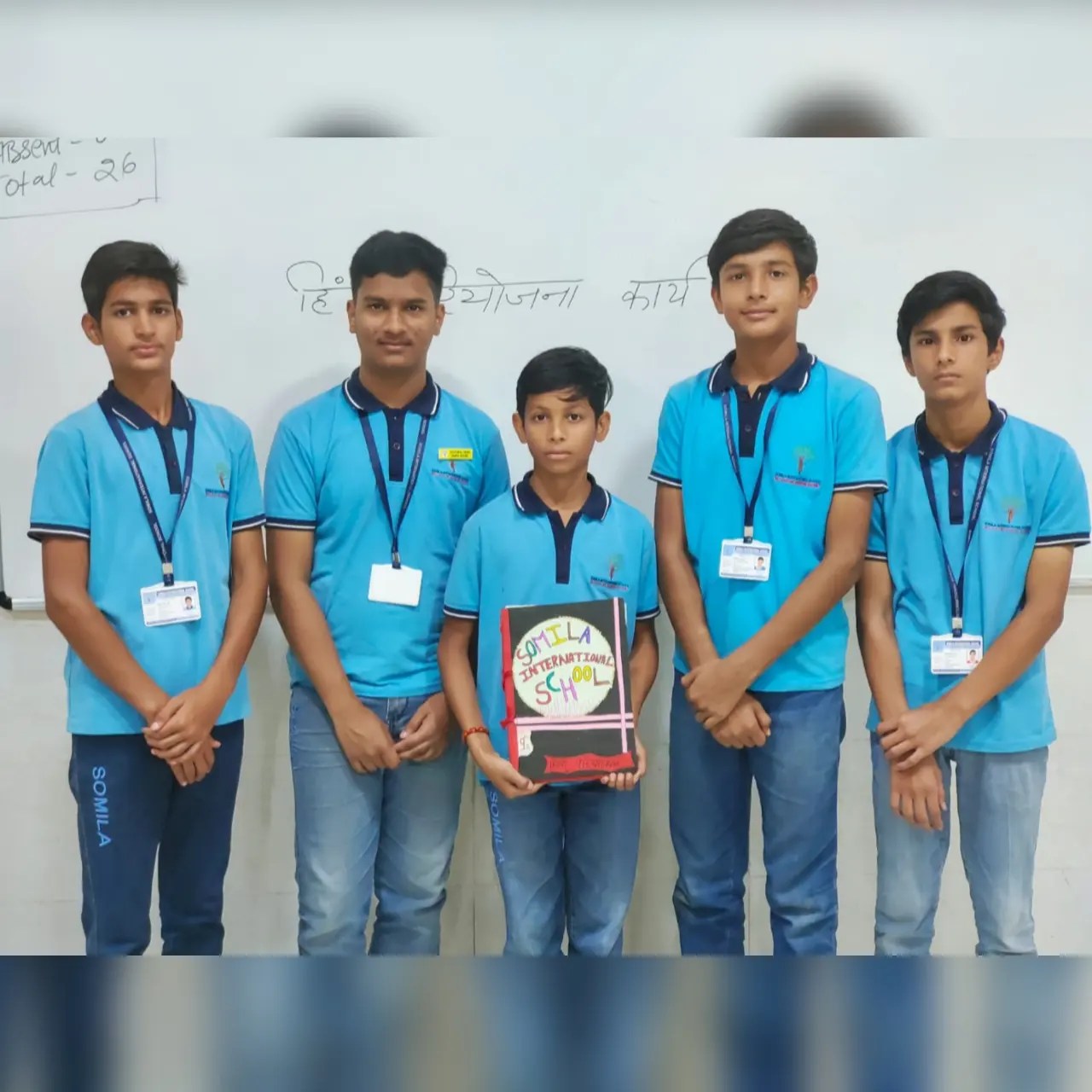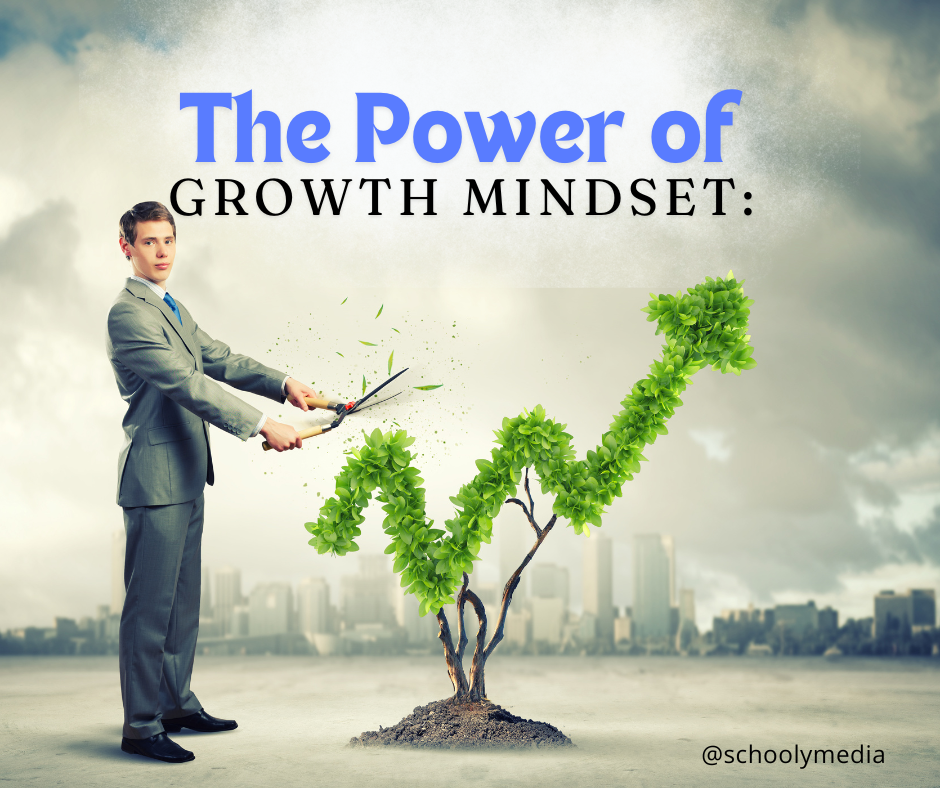From my perspective, achieving success in school depends on developing Effective study Habits that go beyond mere memorization. It’s about fostering a mindset that values understanding, application, and continuous improvement. By focusing on strategies tailored to individual learning styles and accepting challenges as opportunities for growth, students can not only excel academically, but also develop lifelong skills that extend far beyond the classroom.
Effective Study Habits: How to Achieve Success in School
Success in school isn’t about being the smartest person in the room; it’s about cultivating effective study habits that maximize your potential and make learning a rewarding experience. Whether you’re a high school student striving for good grades or a college student juggling multiple responsibilities, the right strategies can make a world of difference.

“Effective study habits are the building blocks of success in school; they transform effort into achievement and dreams into reality.”- B.kumar
Understand Your Learning Style
If you are a serious student, The first step towards effective studying is understanding your unique learning style. Are you a visual learner who benefits from diagrams and color-coded notes, or do you thrive on auditory information, finding lectures and discussions more beneficial?
Effective Study Habits: How to Achieve Success in School
Perhaps you’re a kinesthetic learner who needs to engage in hands-on activities to grasp concepts fully. Identifying your learning style helps tailor your study methods to what works best for you, making your efforts more efficient and enjoyable.
Understanding your learning style involves identifying how you best absorb, process, and retain information. There are several common learning styles:
- Visual Learners: These learners understand information best through visual aids such as diagrams, charts, and written instructions. They often benefit from seeing information presented in a structured and organized way.
- Auditory Learners: These learners learn best through listening. They prefer explanations, lectures, and discussions. They may benefit from reading aloud or using mnemonic devices to reinforce learning.
- Kinesthetic Learners: These learners learn best through hands-on activities and experiences. They prefer to physically engage with the material through experiments, role playing, or interactive exercises.
- Reading/Writing Learners: These learners learn best through reading and writing. They excel at reading written materials, textbooks, and taking notes. They often organize information by writing summaries or making lists.
- Multimodal Learners: These learners use a combination of different styles depending on the context. They may benefit from integrating visual aids with hands-on activities or discussions to enhance understanding.
Identifying your learning style can greatly improve your study habits, as it allows you to tailor your approach to the learning materials that resonate most effectively with you. This understanding can lead to more efficient studying, better retention of information, and ultimately better academic performance.

“In the journey of education, consistency, focus, and resilience pave the way to academic excellence.”
Effective Study Habits: How to Achieve Success in School
Set Clear Goals and Plan Ahead for: Effective study Habits
Setting clear, achievable goals is essential. Break down your study sessions into manageable chunks, and set specific targets for each session. Instead of vaguely planning to “study math,” aim to “complete five algebra problems” or “review chapter three of the history textbook.” This way, you can track your progress and stay motivated.
Planning ahead is equally crucial. Use a planner or a digital calendar to map out your study schedule, including deadlines for assignments, exams, and other commitments. This helps in avoiding last-minute cramming and reduces stress, as you have a clear roadmap of what needs to be done and when.
Create a Productive Study Environment: Effective study Habits
Your study environment significantly impacts your concentration and efficiency. Find a quiet, well-lit space where you can focus without interruptions. Keep your study area organized, and have all the necessary materials at hand to minimize distractions. Some people find background music helpful, while others prefer silence. Experiment to see what works best for you.
Use Active Learning Techniques: Effective study Habits
Passive reading and rote memorization are often less effective than active learning techniques. Engage with the material by summarizing information in your own words, creating mind maps, or teaching the concepts to someone else. Practice problems, flashcards, and quizzes are excellent tools to reinforce learning and identify areas that need further review.
Take Regular Breaks
It’s easy to think that marathon study sessions are the best way to get things done, but our brains need regular breaks to process information and maintain focus. Follow the Pomodoro Technique, which involves studying for 25 minutes, then taking a 5-minute break. After four cycles, take a longer break of 15-30 minutes. This method keeps your mind fresh and prevents burnout.
Stay Healthy
Your physical well-being plays a vital role in your academic performance. Ensure you get enough sleep, eat nutritious meals, and exercise regularly. Adequate sleep improves memory consolidation, while a balanced diet and physical activity boost cognitive function and energy levels. Hydration is also key, as even mild dehydration can impair concentration and thinking.
Seek Help When Needed
Don’t hesitate to seek help when you’re struggling with a subject or a concept. Form study groups with classmates, attend office hours, or seek out tutoring resources. Asking questions and discussing topics with others can provide new perspectives and enhance your understanding.
Stay Positive and Persistent
Finally, maintain a positive attitude and be persistent. There will be challenging moments and subjects that seem insurmountable, but perseverance is key. Celebrate your successes, no matter how small, and learn from your setbacks. Remember, every student faces difficulties; it’s your approach to overcoming them that defines your success.
Conclusion
Effective study habits are a blend of self-awareness, organization, and active engagement with the material. By understanding your learning style, setting clear goals, creating a conducive study environment, employing active learning techniques, taking regular breaks, maintaining your health, seeking help when needed, and staying positive, you can achieve success in school. Embrace the journey of learning with an open mind and a resilient spirit, and watch as your efforts bear fruit both academically and personally.

FAQ: Effective Study Habits: How to Achieve Success in School
Q: What are the most important study habits for success in school?
A: The most crucial study habits include consistency in studying, active engagement with the material, effective time management, and seeking help when needed. These habits not only enhance learning but also build resilience and confidence.
Q: How can students improve their focus during study sessions?
A: Improving focus involves creating a conducive study environment, minimizing distractions, setting clear goals for each study session, and using techniques like the Pomodoro Technique to maintain concentration.
Q: Is it better to study alone or in groups?
A: Both solo study and group study have their benefits. Solo study allows for individualized pace and focus, while group study fosters collaboration, discussion, and sharing of ideas. The best approach depends on the subject matter and personal learning preferences.
Q: How can students manage their time effectively?
A: Effective time management involves creating a study schedule or timetable, prioritizing tasks based on importance and deadlines, breaking tasks into smaller manageable chunks, and setting realistic goals to track progress.
Q: What role do study breaks play in learning effectively?
A: Study breaks are essential for maintaining concentration and preventing burnout. Taking short breaks between study sessions helps refresh the mind, improve retention of information, and sustain productivity over longer periods.
Q: How can students stay motivated throughout the school year?
A: Staying motivated involves setting clear academic goals, celebrating small achievements, maintaining a positive mindset, seeking inspiration from role models, and reminding oneself of the long-term benefits of education and personal growth.
Q: What strategies can students use to improve their memory retention?
A: Effective memory retention strategies include active recall (quizzing oneself), spaced repetition (reviewing material at intervals), creating mnemonic devices, organizing information visually (such as through mind maps), and teaching concepts to others.
Q: How can students effectively manage exam stress?
A: Managing exam stress involves practicing relaxation techniques (such as deep breathing or mindfulness), maintaining a healthy lifestyle (including adequate sleep and nutrition), breaking study sessions into manageable chunks, and seeking support from teachers or counselors when needed.
“Success in school is not just about what you learn, but how you learn it. Cultivate effective study habits and watch your potential unfold.”







